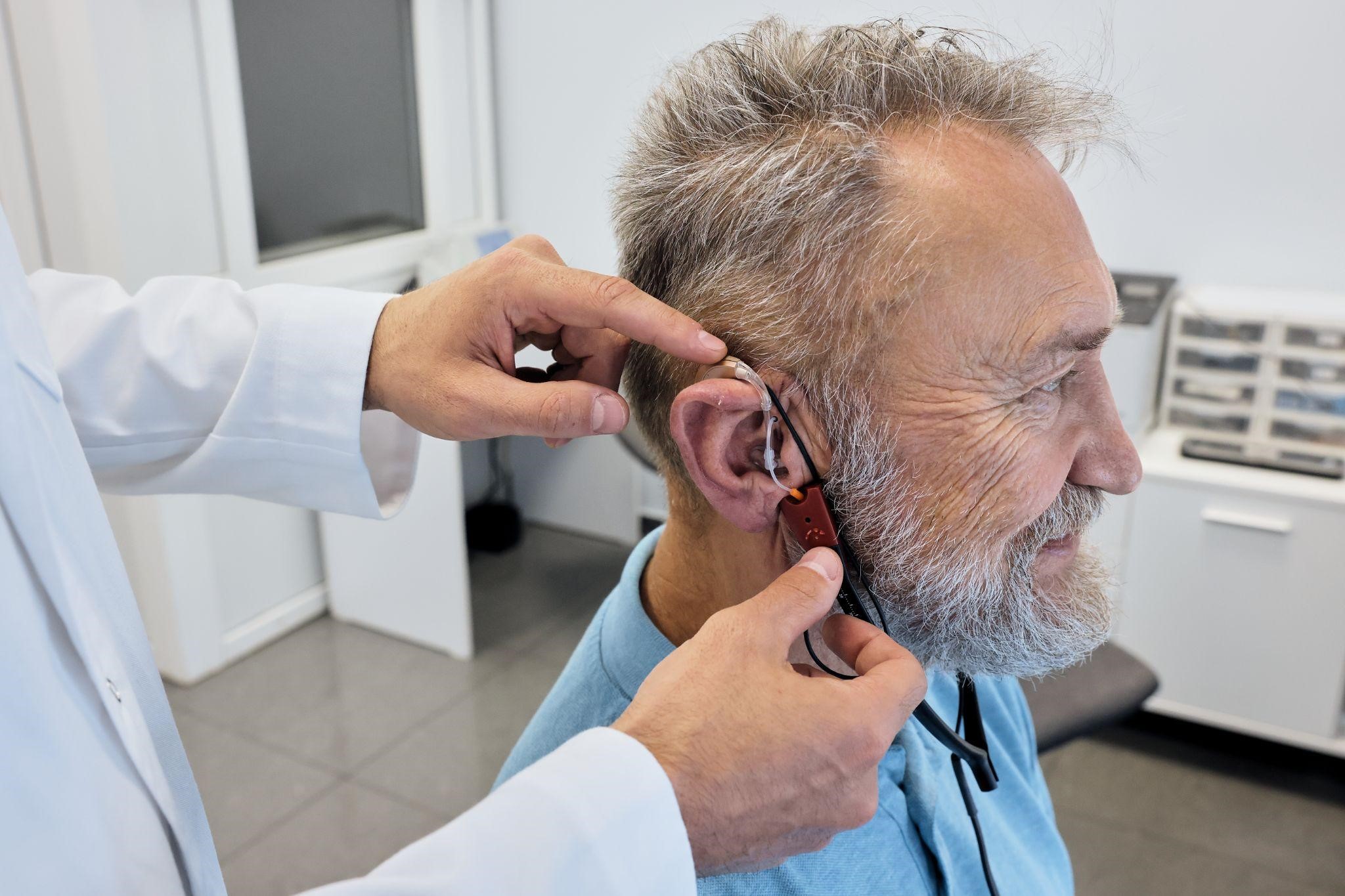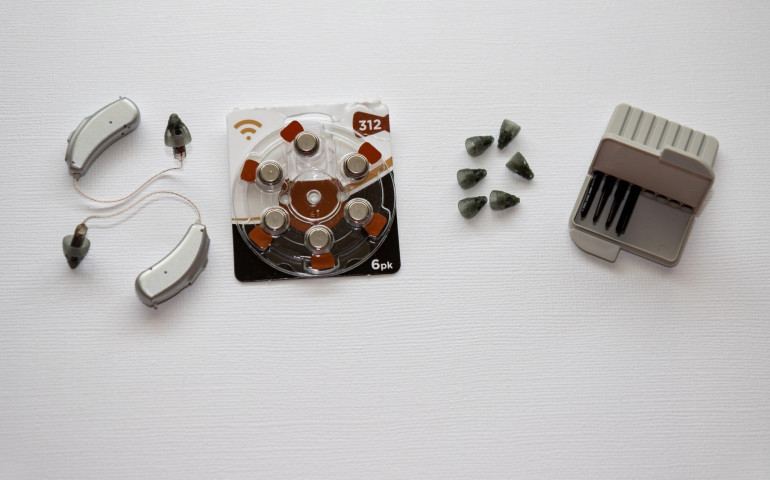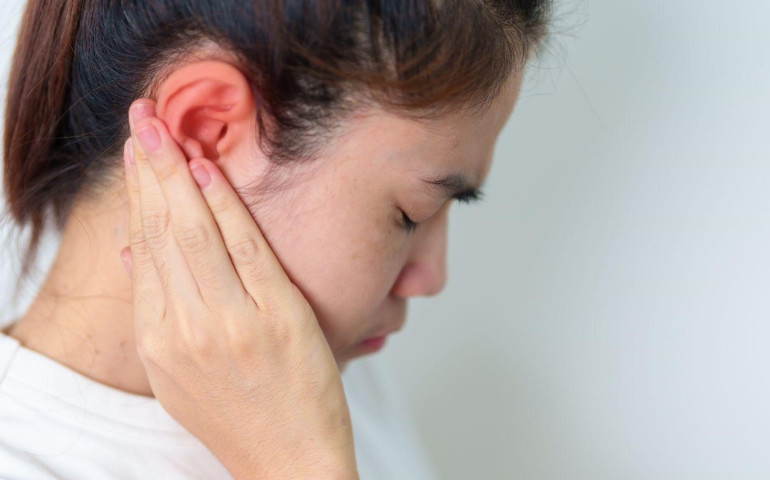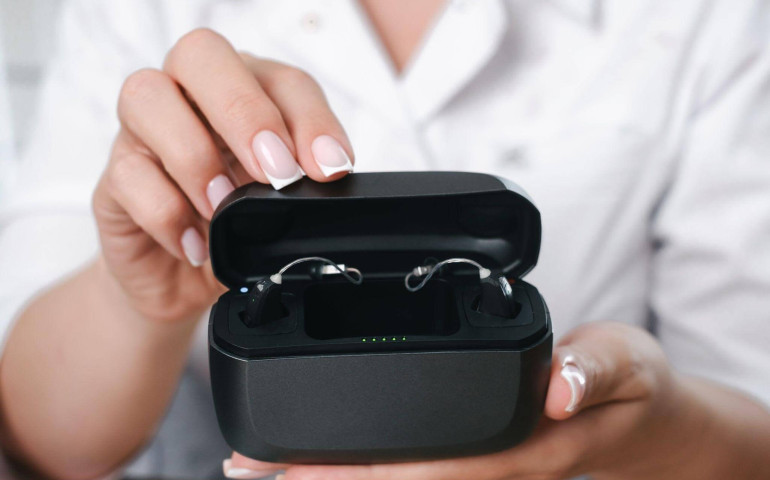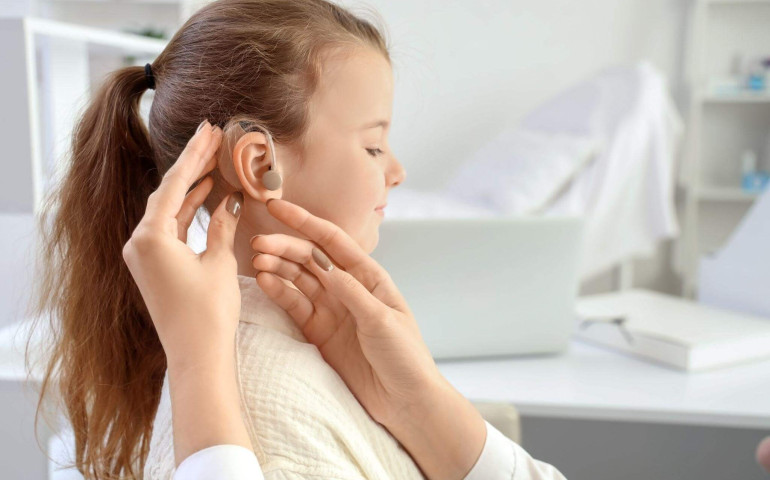When you first get hearing aids, they are perfectly adjusted to you. For the first time in a long time, everything sounds clearer, and it can feel life-changing. However, your device settings can change over time, which requires regular hearing aid calibration to adjust them to meet your current hearing needs.
Getting regular hearing aid tune-ups is the best way to keep your devices working at their best. You use your hearing aids to have clear conversations and hear the world around you, so it’s essential to ensure they are programmed correctly.
What is Hearing Aid Calibration?
While your hearing aids are fitted to you when you first get them, those settings need to be adjusted over time. Calibration is the process of fine-tuning or reprogramming hearing aids to ensure they continue to meet your specific needs. As your devices age and your hearing changes, they’ll need to be adjusted over time.
Why a Professional Hearing Aid Tune-Up Matters
There are some minor adjustments you can make to your hearing aids, but hearing care specialists can detect subtle hearing changes you might not even notice. Attempting to recalibrate your hearing aids at home can result in distorted sound, missed frequencies, or even mask changes in your hearing.
To ensure your hearing doesn’t suffer more damage from using improperly calibrated hearing aids, have a professional make the necessary adjustments.
Equipment Issues? Time For an Adjustment
If you’re noticing a dip in performance, it might be due to the age or condition of your hearing aids. Earwax buildup, wear and tear on your device, or outdated software can cause muffled sounds or excess feedback. Your hearing can also continue to deteriorate due to certain health conditions or prolonged exposure to loud noise.
Both of these issues can cause your hearing aids to become less effective, requiring a hearing aid tune-up to restore sound clarity and optimal performance.
Signs It’s Time to Get Your Hearing Aids Adjusted
Regardless of what’s causing issues with your hearing aids, there are some common warning signs to look out for that it’s time to get them reprogrammed:
- Speech suddenly sounds muffled or unclear.
- Conversations in noisy places feel more difficult than before.
- There’s whistling, feedback, or distortion.
- The volume needs to be adjusted more often than usual.
- Conversations leave you feeling tired or drained.
A lot of these are general symptoms of hearing loss, but the difference here is if you notice them appearing after using your hearing aids for some time. If you’re experiencing any of these without hearing aids, scheduling a comprehensive hearing test will help assess the best way to address your hearing loss.
Benefits of Regular Hearing Aid Tune Ups
Maintaining your hearing aids has several benefits, not just to the quality of your hearing but also to the longevity of your devices. Scheduling those tune-up appointments offers:
- Clearer speech and communication.
- Greater comfort in everyday environments.
- Less strain and listening fatigue.
- Longer device lifespan and better efficiency.
- Improved overall quality of life.
Leave Hearing Aid Calibration to the Experts at Beltone DFW
Your hearing aids are more than just a piece of equipment, they’re a vital tool that allows you to connect with the world around you and better interact with your loved ones. Taking proper care of them will keep them in good condition and avoid early replacements.
The team at Beltone DFW offers hearing aid services that go beyond the initial demo and fitting. When you get your hearing aids from us, you can take advantage of our BelCare program that offers free adjustments, repairs, cleanings, and more at any of our Dallas-Fort Worth hearing aid centers. We know how important hearing aid maintenance is, and our team will work with you to keep your hearing aids sounding at their best.

